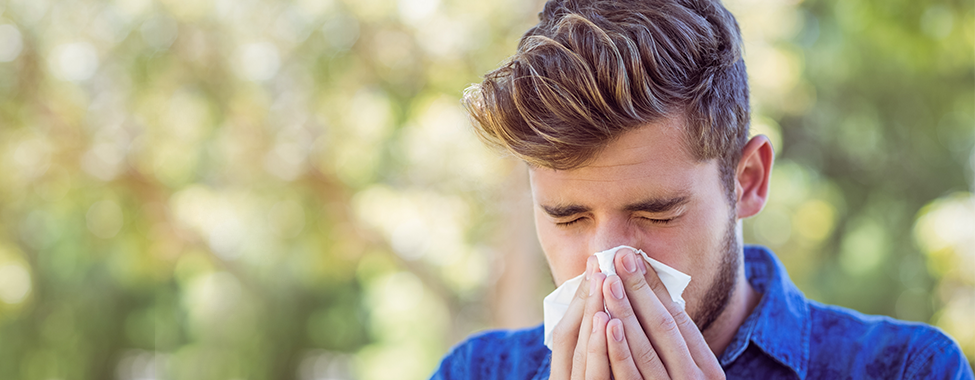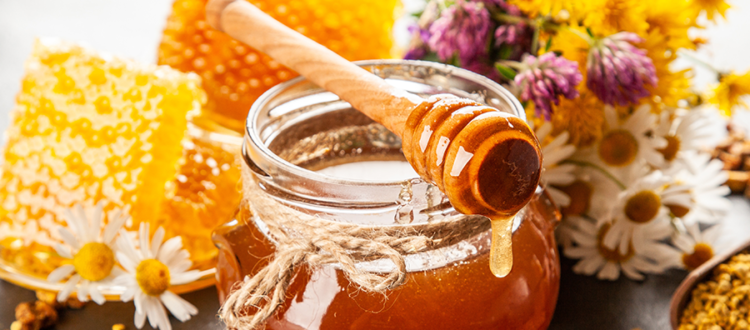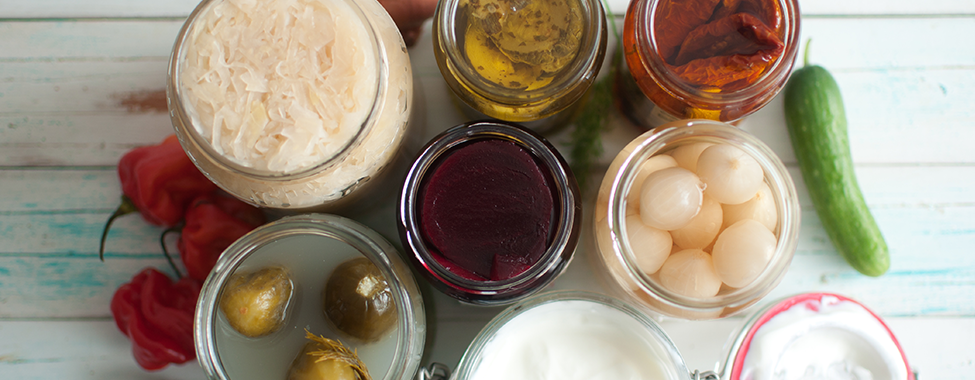- 04 Apr, 2019
- /
- Clearlight Infrared Saunas
- /
- No Comments
11 TIPS & NATURAL REMEDIES FOR SEASONAL ALLERGIES
With spring comes beautiful new flowers and April showers. While it may look beautiful, the pollen often brings about irritating seasonal allergies that cause symptoms like puffy eyes and runny noses. We’ll discuss natural remedies to make your allergy treatment a little easier, and even prevent allergies all together!
Spring Allergy Symptoms
Do you have a cold, or are you just suffering from seasonal allergies? The two have very similar symptoms, but seasonal allergies typically appear more abruptly, last a longer period of time, and can often be predicted due to timing of the seasons. Below are some of the common spring allergy symptoms:
| Ear or nasal congestion | Coughing |
| Runny nose | Postnasal drip |
| Sneezing | Sore throat |
| Watery eyes | Fatigue |
| Itchy eyes, nose, or throat | Facial pressure or pain |

How to Cure Allergies Naturally
Acupuncture
Acupuncture has a wide range of uses, so it’s no surprise that being a natural remedy for both chronic allergies and seasonal allergies is one of them. Studies have shown that acupuncture helps patients reduce nasal symptoms and the need for allergy medication. This practice can also help improve the immune system, lessen pain, decrease swelling, and reduce mucus production.
Anti-Inflammatory Foods
Adding spices and anti-inflammatory foods to your diet can help clear up spring allergy symptoms. Your spice rack is filled with natural remedies for seasonal allergies. Look for anti-inflammatory items such as ginger and turmeric to add to your meals, and sprinkle some cayenne pepper to help clear nasal passages. Research also indicates that having a mug of green tea can help you find allergy relief.
Apple Cider Vinegar
This natural remedy is something you probably already have in your kitchen, and is probably something you have heard all about in recent health trends. Apple cider vinegar, or ACV, can help cleanse your lymphatic system and reduce mucus production to alleviate spring allergy symptoms naturally. When allergies hit, or to prevent future symptoms, take one tablespoon of ACV with “the mother” daily – you can mix it with lemon and warm water to make it more palatable.
Bee Pollen & Local Honey
While not fully backed by science, using local bee pollen and honey have been said for generations to help lessen spring allergy symptoms. The local aspect of these items are meant to help your body naturally build immunity to the local allergens in your area. Raw, unfiltered honey and bee pollen can be found from your local farmer’s market. Simply add honey to tea or drizzle on toast, and use bee pollen to top yogurt or blend with smoothies.

Butterbur, Nettle Leaf & Quercetin
These three supplements are all effective, natural antihistamines to help control the itchiness that comes from seasonal allergies. Butterbur has been shown in studies to be equally as effective as antihistamine medications in reducing itchy eyes. You can make a tea or take capsules of nettle leaf to naturally block the body’s ability to produce histamines. Lastly, quercetin is an effective antihistamine and anti-inflammatory supplement.
Essential Oils
Three essential oils should be in your medicine cabinet for spring allergy symptoms. Peppermint oil has been studied to test its effectiveness in reducing inflammation to improve quality of life for those suffering from nasal and bronchial allergies. Using eucalyptus oil is great for its antimicrobial properties, and frankincense essential oil has been shown to reduce nasal spring allergy symptoms. Either diffuse the oils or apply directly to your skin with a carrier oil.
Exercise
Working out with a stuffy nose or scratchy throat doesn’t sound great, but it can be effective in naturally relieving seasonal allergies. Have you ever stood up and walked around with a stuffy nose to have it clear up for a bit? Working out does something similar. Working out increases blood flow and reduces inflammation which helps alleviate symptoms. Be sure to listen to your body and work out indoors to avoid outdoor allergens.
Infrared Sauna
Far infrared heat (FIR) has been shown in studies to relieve eye itching, nasal itching, nasal stuffiness, rhinorrhea (runny nose), and sneezing. Spending time in an infrared sauna can reduce your spring allergy symptoms with the FIR technology. Infrared saunas also help detoxify your body to reduce the number of toxins and allergens that may be present. You can diffuse the previously mentioned essential oils in a sauna for a relaxing and detoxifying experience.
Probiotics
A weak immune system can lead to more intense reactions to seasonal allergies. One way to strengthen your immune system and treat allergies naturally is through probiotics. Probiotics help boost your immune system through introducing healthy bacteria to the gut, and studies have shown that the addition of probiotics to your diet can lessen spring allergy symptoms. You can add probiotics to your diet through fermented foods or probiotic capsules.

Saline Solution
One of the most effective natural remedies for seasonal allergies is a simple sterile saline solution. Using a saline solution for nasal irrigation has been shown to reduce nasal symptoms, expedite the clearance of mucus, and reduce the need for medicine. For those wary of pouring water through their nose, a saline spray is a great alternative. Simply spray a saline nasal spray into your nose a couple times a week or daily as needed.
Water
Drinking water is always one of the top health recommendations, whether you’re learning how to treat seasonal allergies or if you’re trying to lose weight. When it comes to allergies, hydration is key to improve your overall health and lessen the impact of spring allergy symptoms. By staying hydrated, you also allow your body to detoxify impurities such as toxins and allergies that may be exasperating your symptoms.
Spring Allergy Tips
In addition to trying natural remedies for seasonal allergies, there are a few spring allergy tips to follow to prevent future symptoms. It’s important to keep your space clean to remove any allergens, so be sure to vacuum, wash sheets, and change out air filters in your home to remove any settled particles. Showering when you get home or before bed will help wash off any allergens picked up throughout the day. Lastly, be mindful of going outside. Pollen counts tend to be higher between 5am and 10am, and hot, dry, and windy days are most likely to be high in pollen.
Now that you know how to treat seasonal allergies naturally, go forth and be healthy this spring! Taking preventative measures before your seasonal allergies start is always preferable, but there are many natural treatments to get you on the right track once symptoms hit.
 Canada
Canada Australia
Australia New Zealand
New Zealand Malaysia
Malaysia China
China